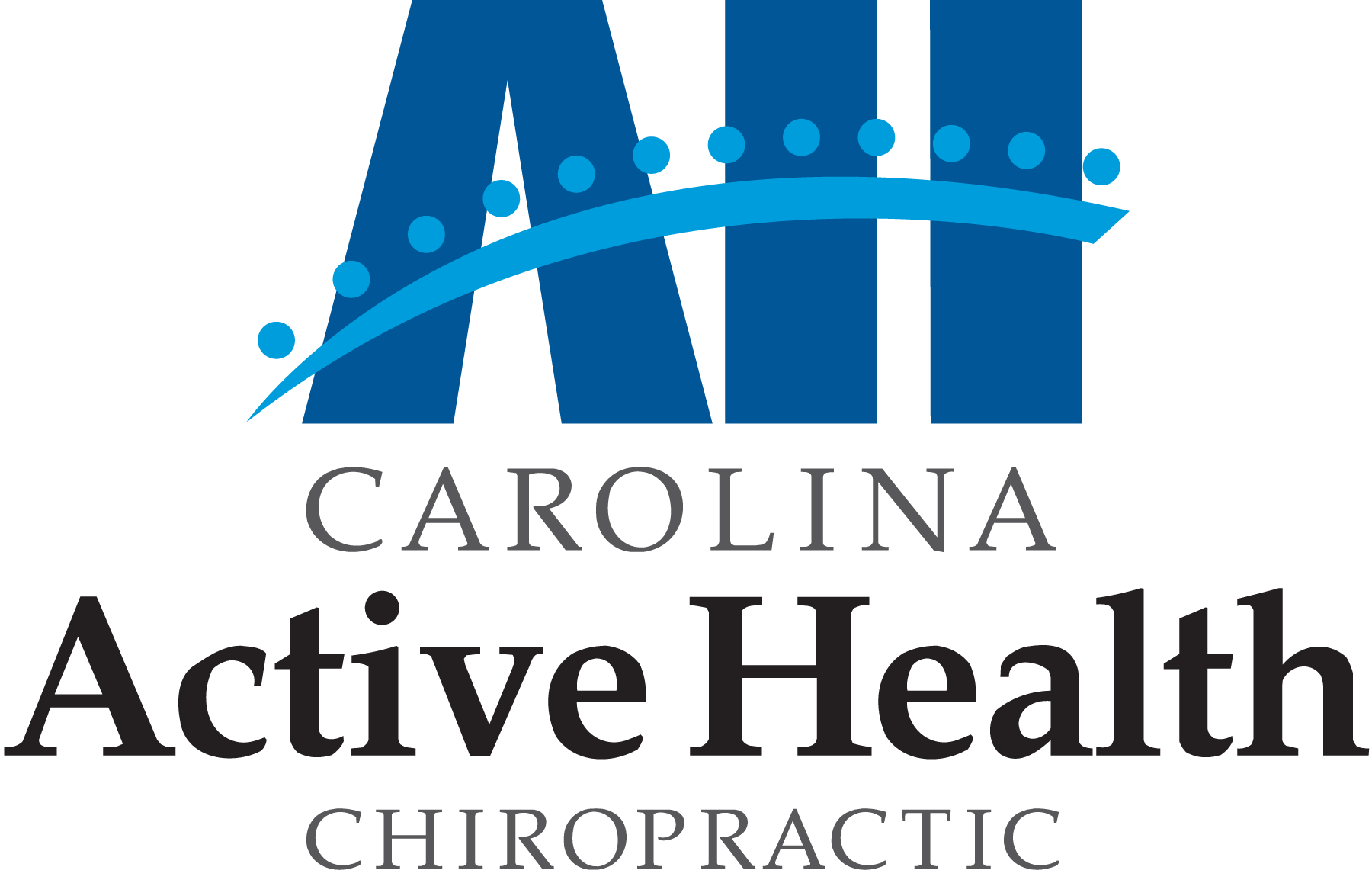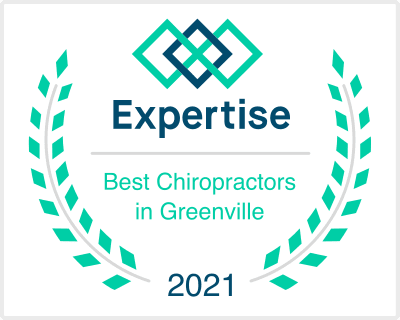ROTATOR CUFF INJURY
The Rotator Cuff is a group of four muscles originating from the scapula (shoulder blade) and inserted on the most proximal aspects of the humerus (upper arm bone). The chiropractors at Carolina Active Health Chiropractic in Greenville, SC, are trained to evaluate and diagnose Rotator Cuff Injuries properly by looking at the following:
- Supraspinatus/Rotator Cuff Strain: isolated injury to the supraspinatus muscle, usually due to minor trauma
- Supraspinatus Tendinopathy: microtrauma-associated injury to the tendinous portion of the supraspinatus; can begin with inflammation and progress to degenerative change
- Partial thickness Supraspinatus Tendon Tear: probable progression from tendinopathy due to repetitive trauma and inadequate healing over time
- Full Thickness Supraspinatus Tendon Tear: can be caused by major trauma in younger individuals or long-standing tendon issues and age
The medical care from this provider is exemplary. Their lead physicians, physical therapists, and assistants have outstanding professional knowledge. Each of them have excellent personal skills and employ them hearing the patient well and making diagnoses. They take time and care about their patients. Their action plans are effective, achievable, and they monitor to be sure that patients have the level of support they need.
This is a practice that provides not adequate or good care. This is a practice that is generous. While they are excellent as a practice in their own right, they work well in conjunction with other medical providers. For chiropractic and musculoskeletal care, I enthusiastically recommend Carolina Active Health without reservation.
ROTATOR CUFF INJURY TREATMENT PLANS
Research has shown that partial tears of the supraspinatus respond well to conservative care. Some of our treatment plans may include the following:
- Active Release Technique (ART): This technique uses applied active pressure to the back, targeting the back as a whole rather than each isolated joint separately; the motion removes the adhesions found in the back that are causing the patient’s pain.
- Motion Palpation Technique: While the patient moves their affected joints, we will apply subtle pressure to each joint using our fingers and hands to feel how they are functioning.
- Functional Rehabilitation: Combining treatments with rehabilitation is a big win for our patients. We focus on corrective exercises that teach the body to work as it’s meant to.
- Class IV Laser Therapy: Laser therapy allows deep tissue penetration, alleviating pain and inflammation. This treatment is entirely safe and effective and lasts from a few to 10 minutes.
- Movement Screen / Biomechanical Analysis: Movement screening allows us to view how the body is moving and how motion affects the patient’s movement. This can explain why some injuries occur, helping us fix the cause instead of only focusing on the symptoms of an injury.
- Exercise Recovery: Our Greenville team offers exercise recovery tools that speed up recovery time between workouts, improve performance, and contribute to pain reduction. Dr. Nelson uses a Marc Pro device which provides muscle stimulation, and in turn enhancing active recovery.
- Take-Home Rehabilitation: We want our patients to head home fully armed to take a healthy and proactive approach to their recovery. Offering education on how to exercise and stretch properly gives the patient a core element of their health plan and helps them achieve overall balance, strength, and wellness.

